The effects of the July 15 coup attempt in Turkey continue to ripple through the country, and indeed far beyond. Turkish President Recep Tayyip Erdogan has placed blame for the coup attempt squarely at the feet of cleric Fethullah Gulen, who is living in self-imposed exile in Pennsylvania. The coup attempt is just the latest event to stress the relationship between Turkey and the West, and as that alliance deteriorates it will have serious repercussions for regional security in the Middle East, the crisis in Syria, geopolitical balance, and the fight against terrorist groups like Islamic State (IS).
The aftermath in Turkey continues, jeopardizing key Turkish state institutions. About 80,000 people who are suspected to be affiliated with the Gulen movement, which Turkey declared a terrorist organization in 2015 under the name Gulenist Terrorist Organization (FETO), have been removed from their jobs at various Turkish state institutions, including about 45,000 workers from the Education Ministry alone. Turkish Justice Minister Bekir Bozdag’s latest numbers state that 18,000 people have been formally arrested, while another 6,000 detainees are still being processed.
Reports indicate that Turkey’s penal system was already overstretched with crowded prisons and backlogged courts. This spring, Turkey’s prisons held 188,000 detainees, around 8,000 more than existing capacity. Now, it faces the added burden of handling an influx of tens of thousands detained in the aftermath of the attempted putsch. Since about 3,000 prosecutors and judges are among those detained, accounting for a little more than 20 percent of Turkey’s judiciary staff, challenges at Turkish courthouses and jails are becoming overwhelming. And President Erdogan has declared that these arrests are only the tip of the iceberg, so it is reasonable to expect many more to be arrested in the coming days.
Erdogan is working to shore up his personal control of the country, and any critics of his government may be caught up in his net. Under rules governing a state of emergency, which can only be declared by the president, authorities can detain anyone for up to 30 days without needing to show any evidence or bring any charges. Seventy-seven journalists are currently sitting in jails, 42 of whom are implicated in some kind of involvement with the attempted coup. The true number of arrested journalists may be higher, as the detentions of local reporters often go unrecorded across Turkey.
According to testimonies, jailed journalists have been asked about their writings in their columns, tweets, or books, but were not presented any evidence by authorities that would tie them to the failed coup. They are effectively being held for alleged thought crimes, accused of “embracing FETO” and “excusing the coup attempt,” which are very vague accusations. Kurdish reporters are being rounded up as well, even if they have no known ties to Gulen.
Full story: rferl.org
By Ilhan Tanir
Copyright (c) 2016. RFE/RL, Inc. Reprinted with the permission of Radio Free Europe/Radio Liberty, 1201 Connecticut Ave NW, Ste 400, Washington DC 20036.












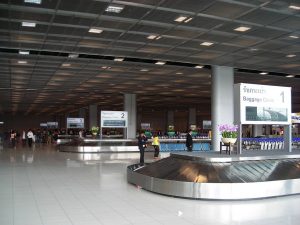
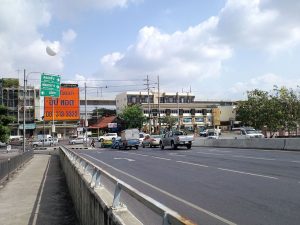



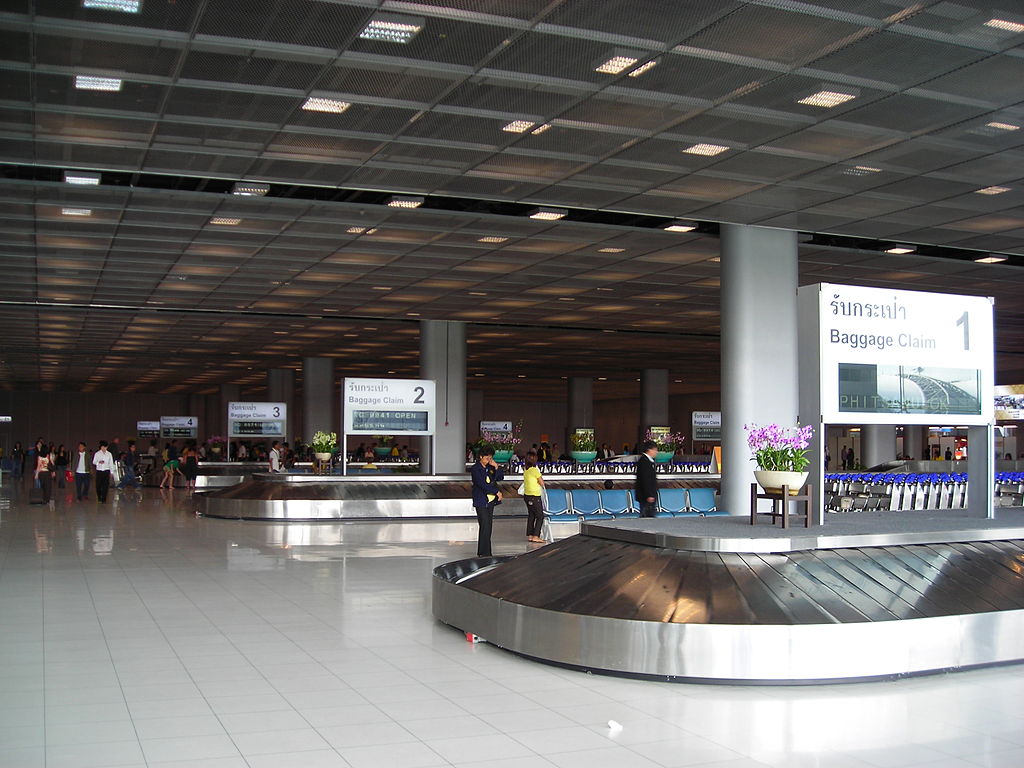
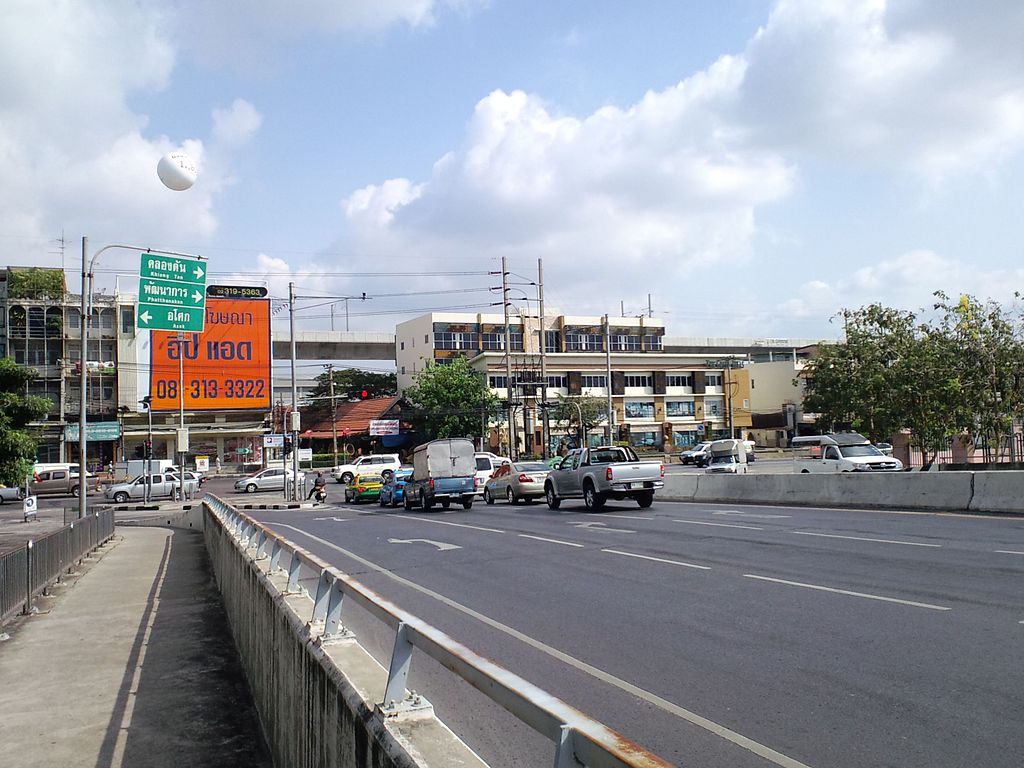

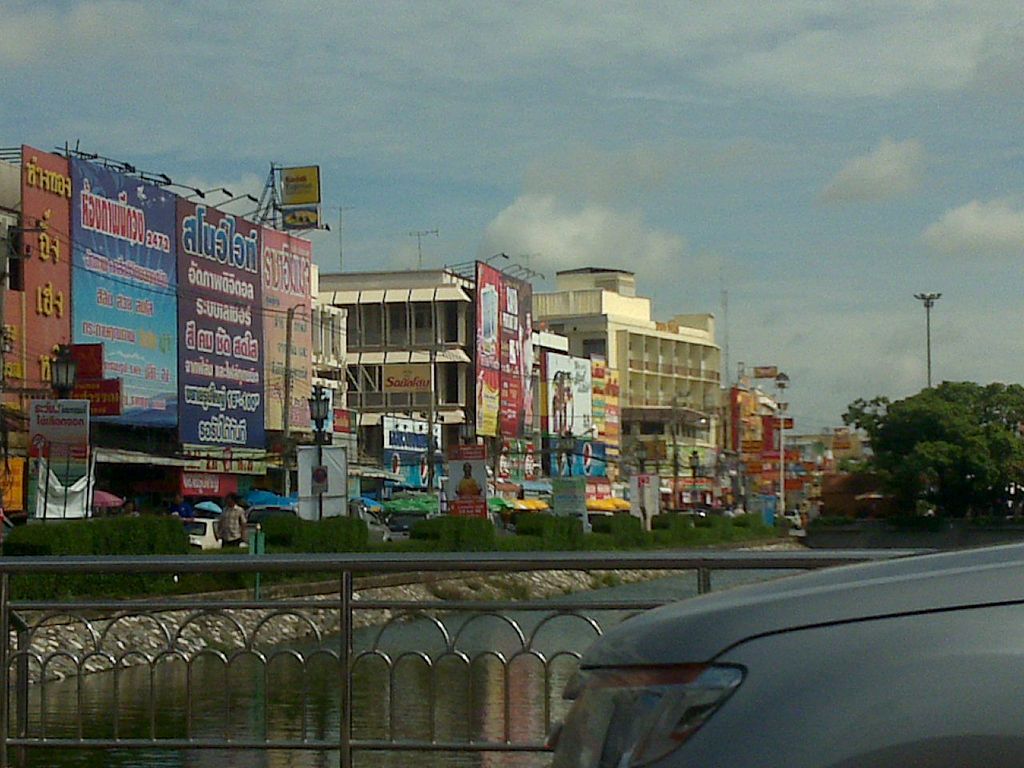

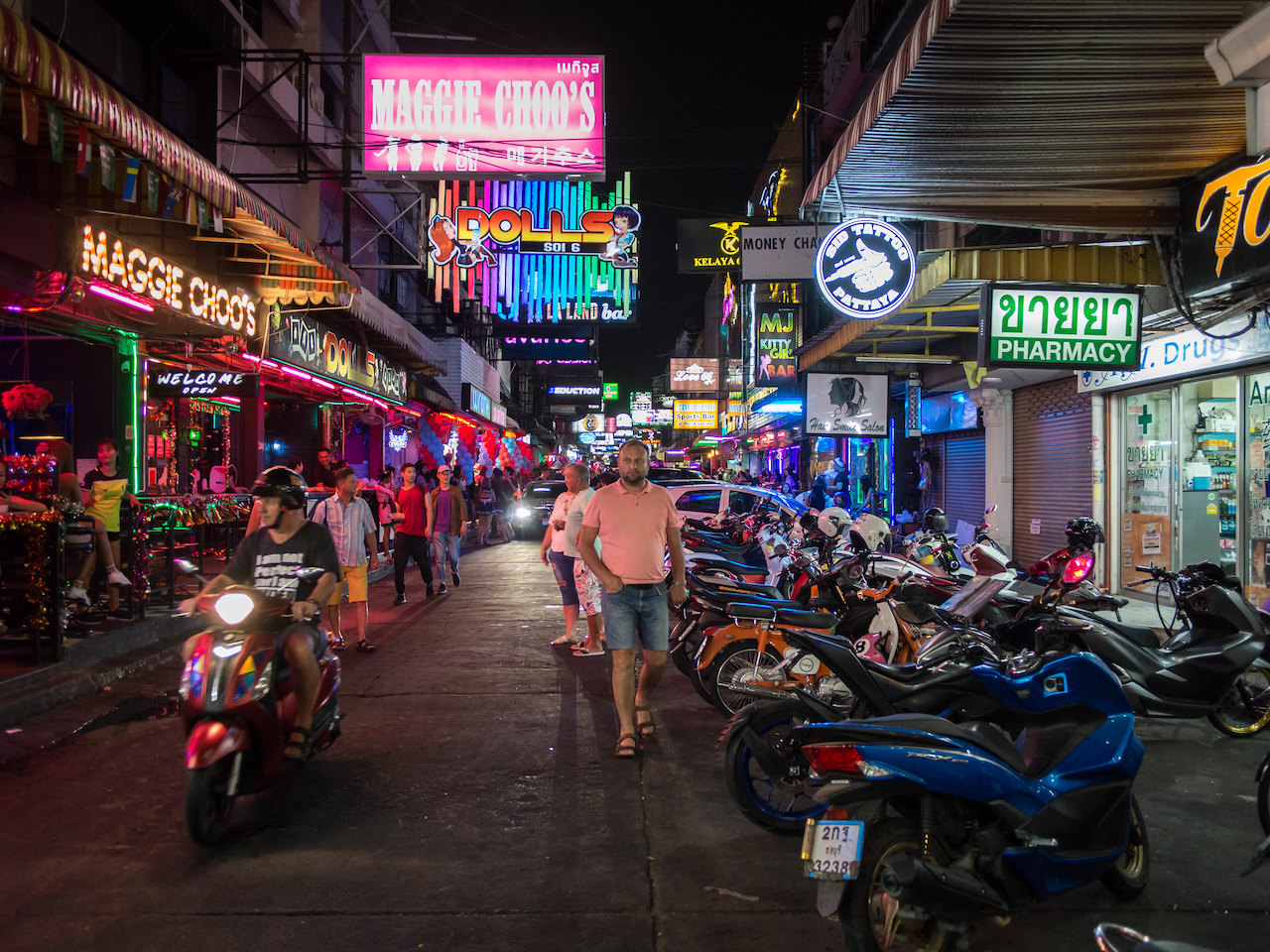
+ There are no comments
Add yours